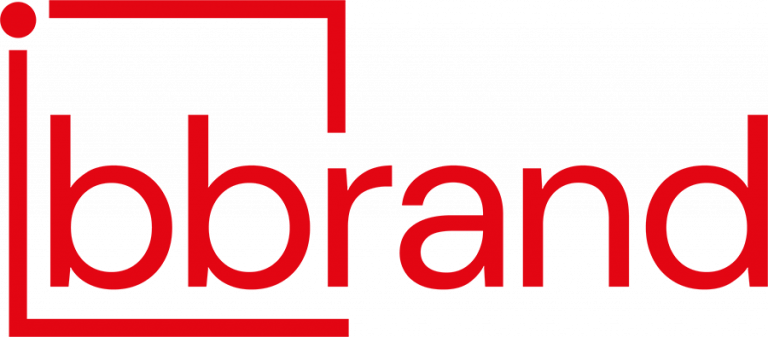The world of communication is changing its skin and is increasingly opening up to agile methodologies for an even more efficient and leaner organization. In order to innovate today, it is necessary to reorient and reprogram activities, adapting in an evolutionary and systematic way to changing circumstances. We saw this well with the last pandemic crisis, which led to a sudden paradigm shift in the way we work, live, and act. These reflections are the basis of the speech by Davide Giansoldati, strategic marketing expert and bbrand consultant, in the last Assintel seminar, in which he outlined a manifesto of the principles of the Agile methodology.
The starting point
Every project always brings with it a series of challenges and difficulties which, more often than not, end up causing delays with respect to the expected delivery date, especially if they are not dealt with in the right way.
Building an efficient organization starts from within, finding the way to intelligently adapt to the growth objectives of the business, and re-prioritizing in terms of immediacy. It is necessary to recognize people‘s unique and irreplaceable roles before digging into their creative ability to solve problems.
What is the Agile methodology?
Born about 20 years ago, Agile is defined as a set of methodologies for the development of projects that require speed and agility in order to achieve their objectives in changing market conditions. Initially used in software development and other high-performance projects, today it focuses mainly on the rapid implementation of an efficient and flexible team to plan a proper workflow. The added value of the Agile mindset in the company allows the best decisions to be made in any critical situation, without compromising the project.
The main features of the methodology are:
- Results orientation;
- The centrality of the person, empowered and self-managed to achieve objectives in collaboration with the team;
- Key support for companies forced to face the current digital revolution.
How do you work in Agile?
Imagine a cake with several parts, which have to be delivered in a specific time frame (sprint). Each ‘slice’ is worked on collaboratively by a multidisciplinary team, where each member is an expert in specific topics and roles.
Once the team starts working, it will put these slices together to form Minimum Viable Product 1 (MVP.1): the initial version of the product for its market launch, which will subsequently be consumed by customers at a low production cost, thus minimizing risk.
Management is therefore an important key to the implementation of the Agile methodology, capable of adapting to all plans, prioritizing people as well as the immediate needs of customers – who are at the center of the company’s decisions and development map. It is a true philosophy that can be adapted to all organizations, regardless of their size or complexity. A holistic change of mindset that embraces all parts of the company and replaces project management through an iterative and incremental life cycle.
People are at the heart of the ideas that generate solutions for change. Among the different methodologies applied to develop the process, the best known are Lean Startup, Scrum, Design Thinking, DevOps.
Why Agile?
According to The Marketing Agency Growth Report 2018, 29% of agencies were struggling to maintain cash flow and 35% were facing recruitment and talent management issues. Nearly 43% of businesses don’t find enough free time to focus on essential administrative tasks, such as staffing, client onboarding, or business investment.
It is important to be aware of the data produced by the lack of agile approaches, which is estimated to have prevented 55% of agencies from increasing their sales and marketing efforts. Some 24%, in turn, faced market differentiation challenges; lack of organization prevented 18% from retaining clients.
Studies show that around 20% of agencies have never used project management software to date; the absence of a project management culture has been one of the biggest problems for companies, who face daily growth challenges without being able to manage their time and projects efficiently. This paradigm has been completely revolutionized by the rise of the Agile philosophy and the beneficial impacts we have seen in business.
bbrand has also been affected by the Agile transformation, reorganizing project scheduling through dedicated tools and continuous training for internal staff.


